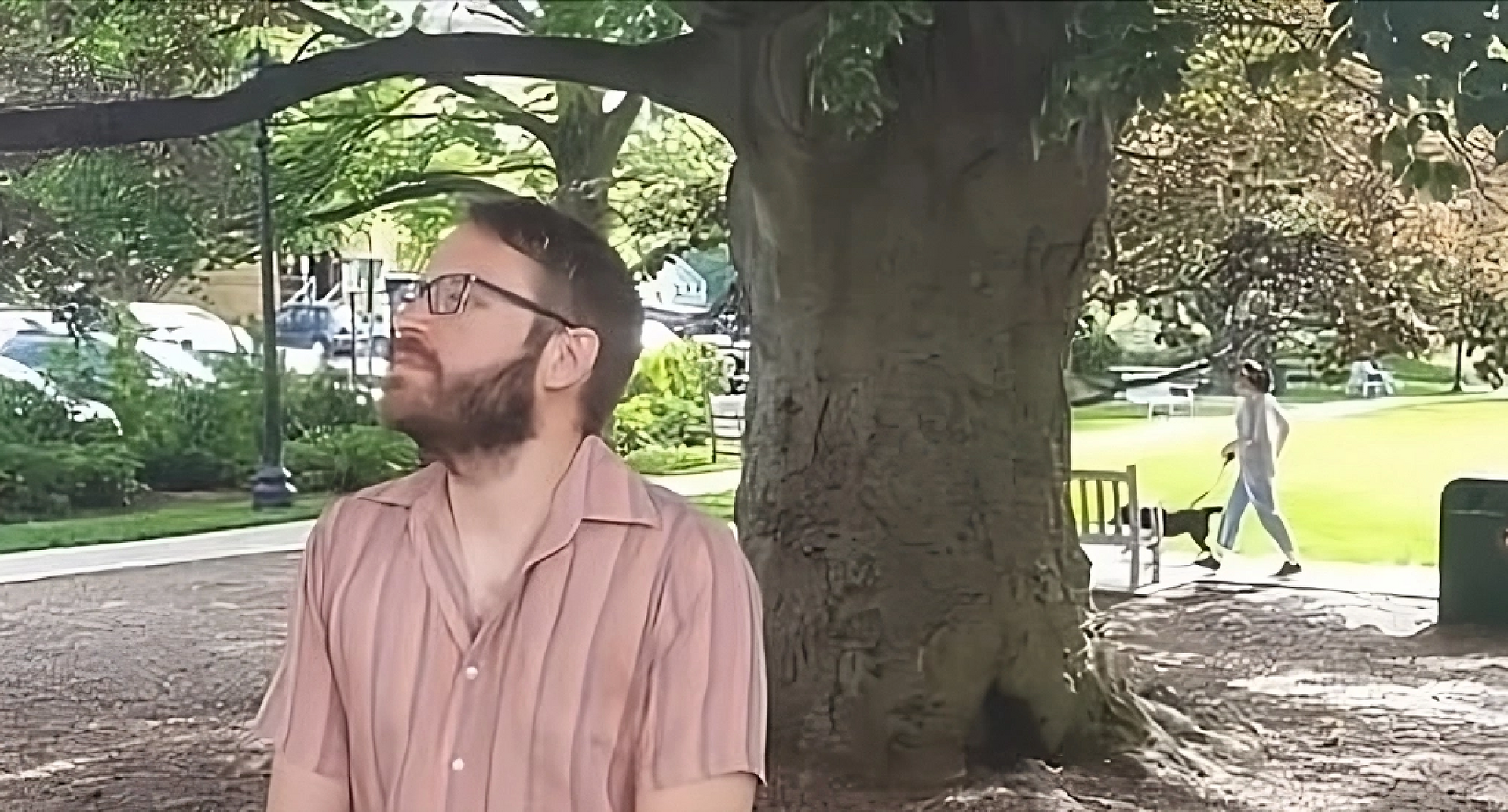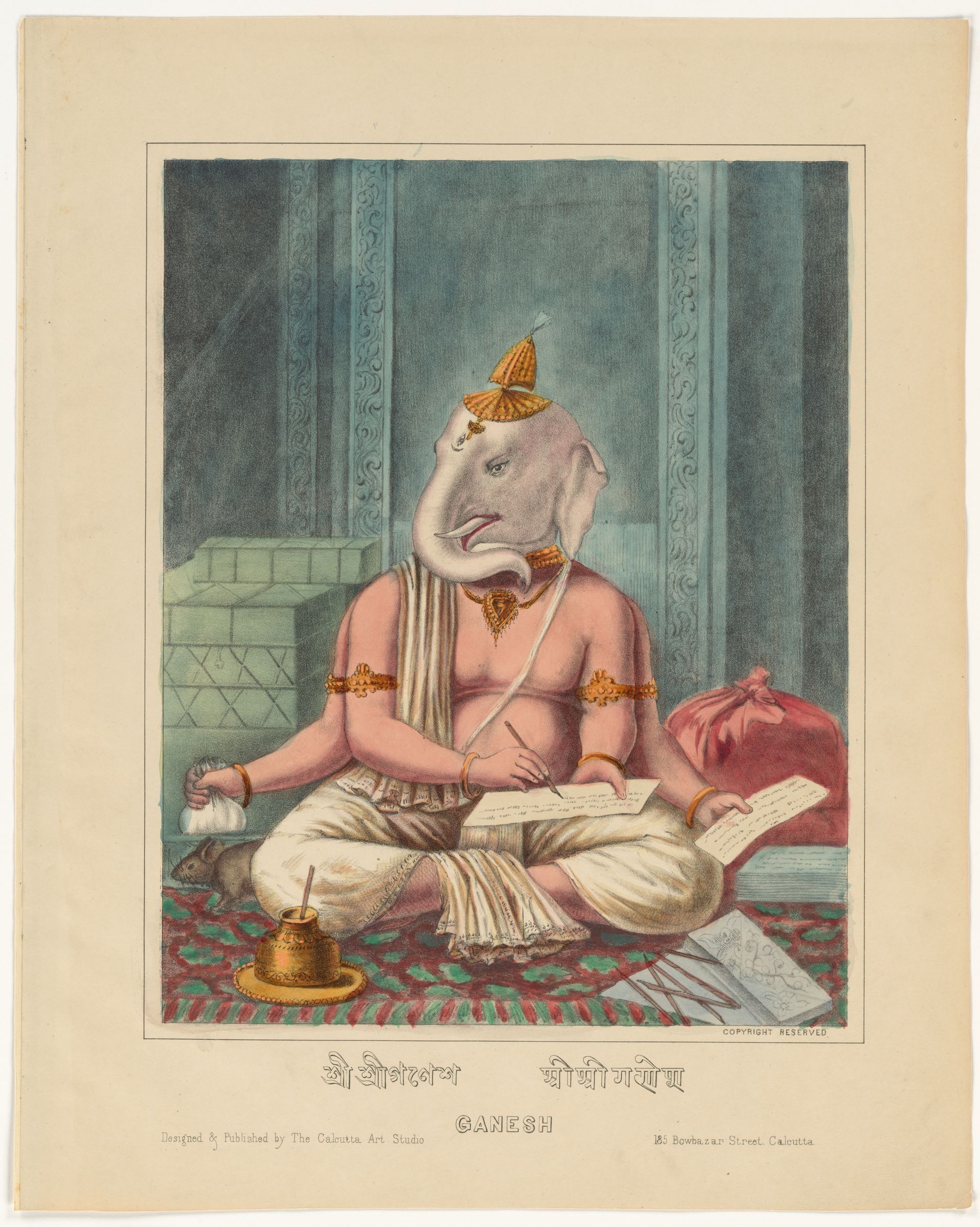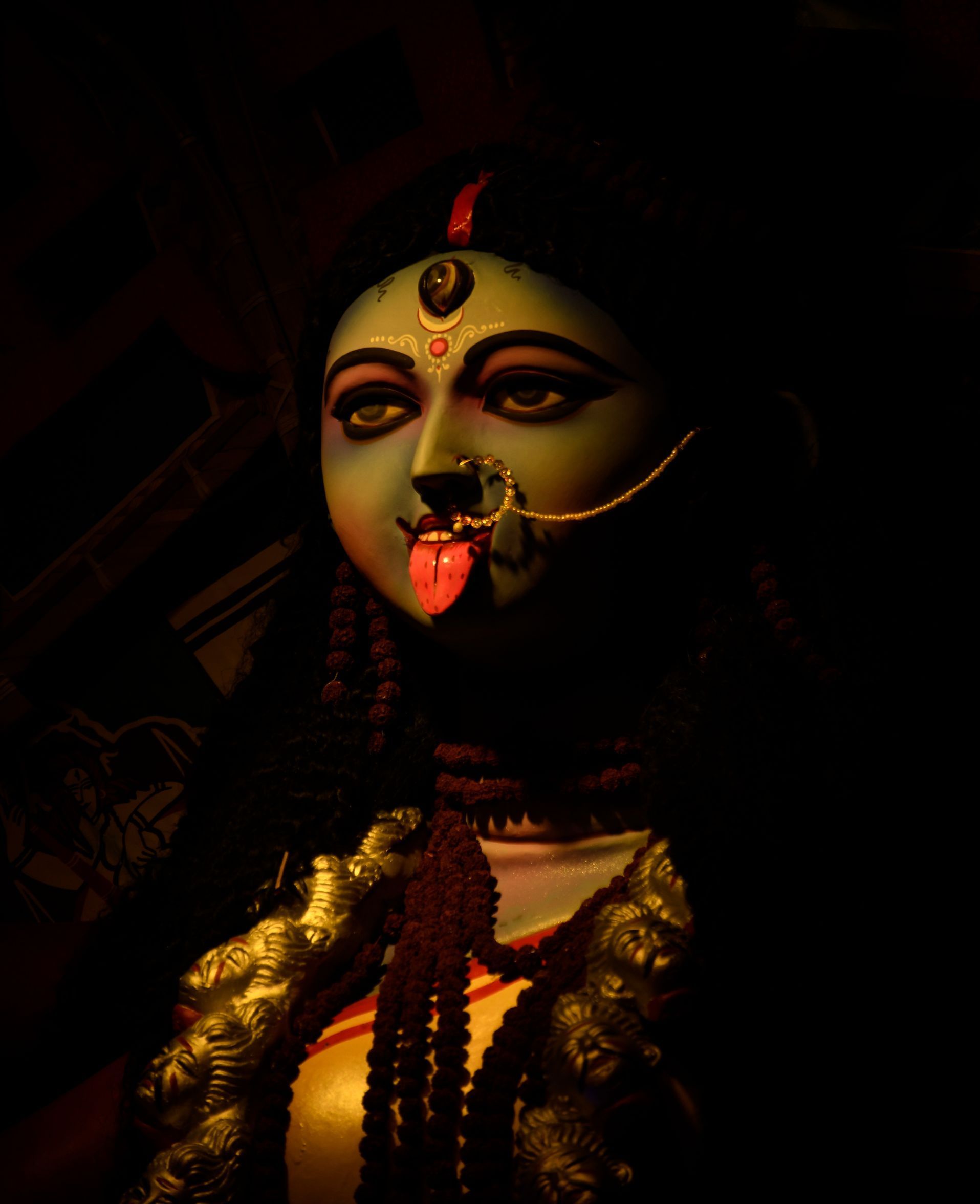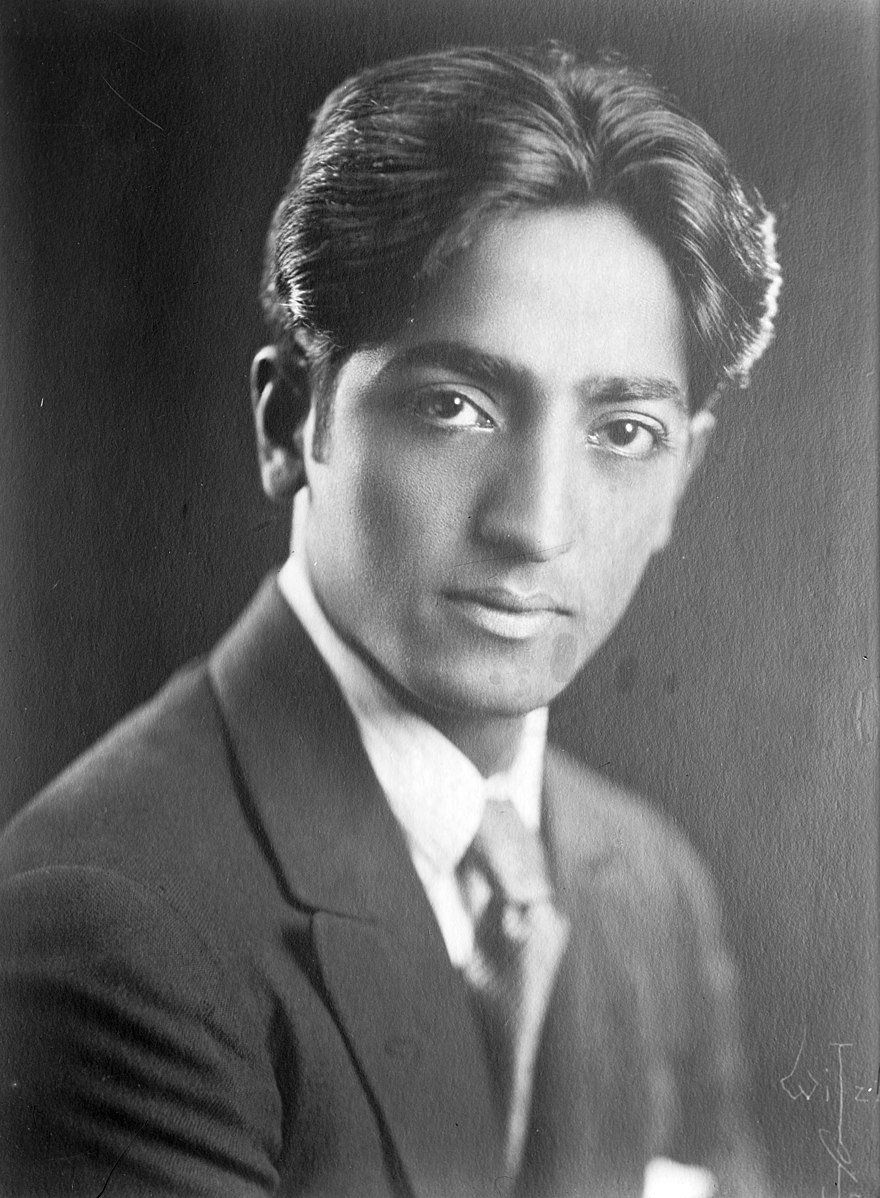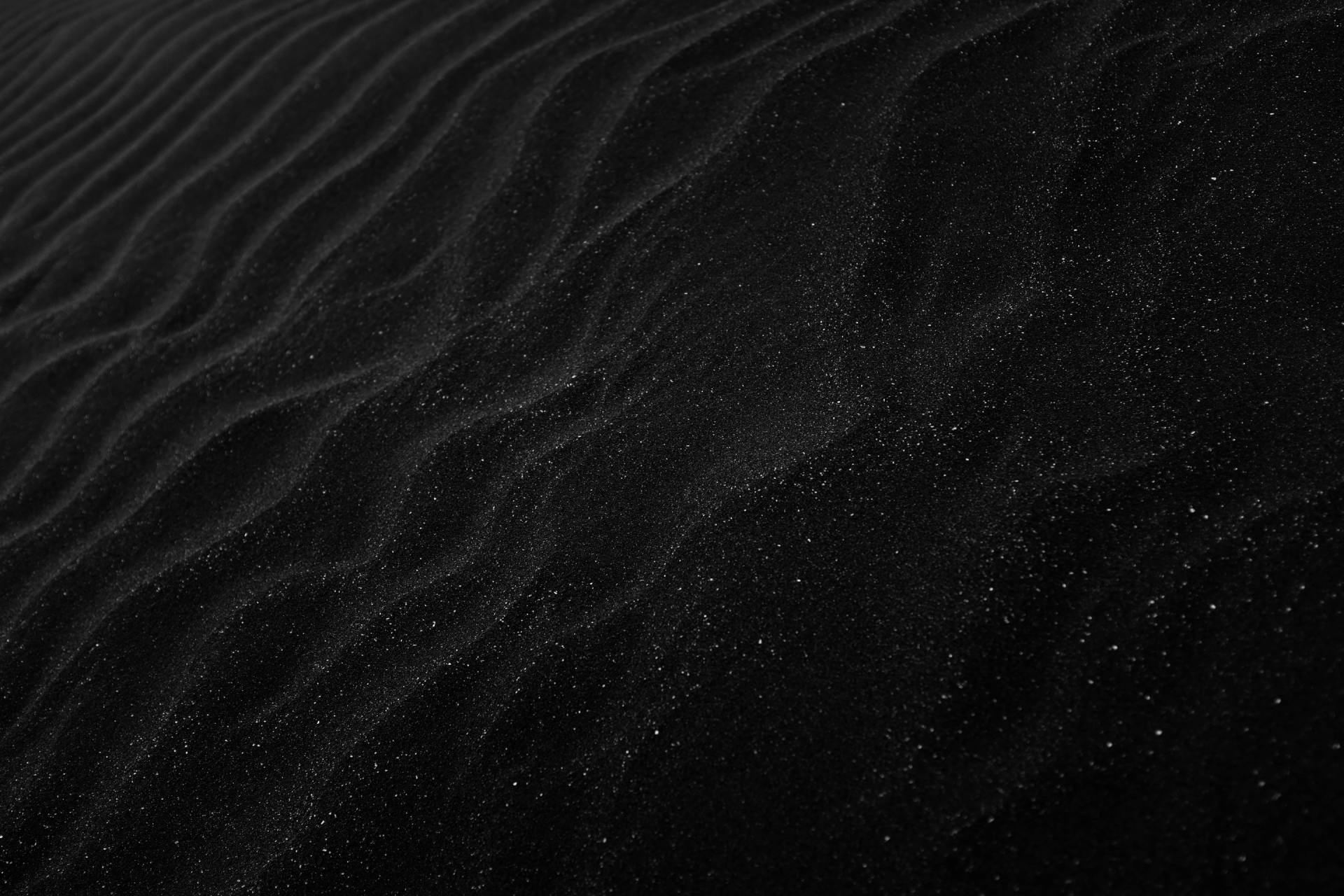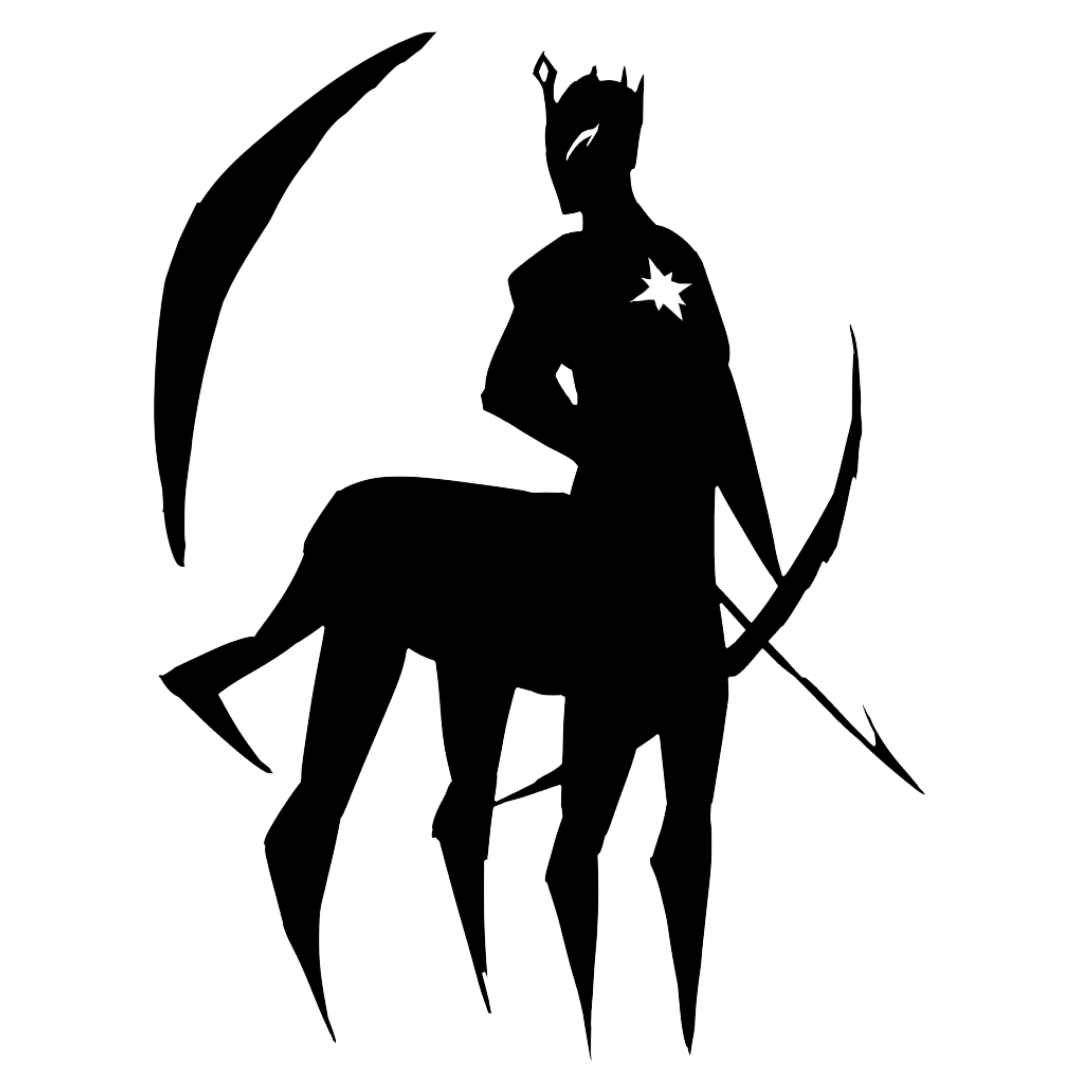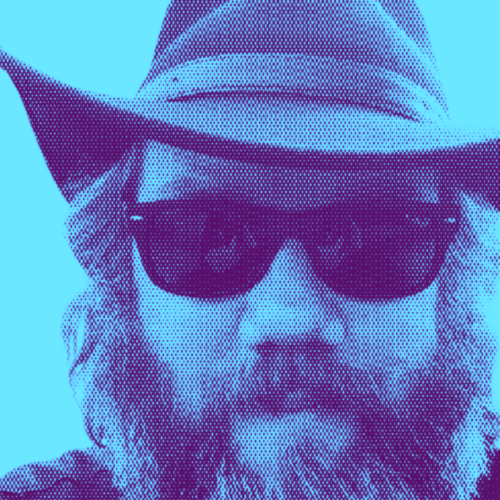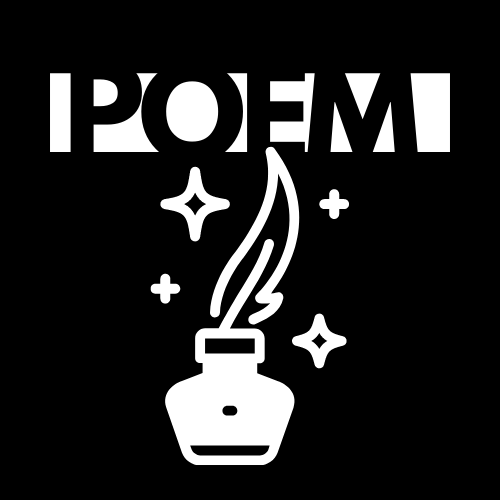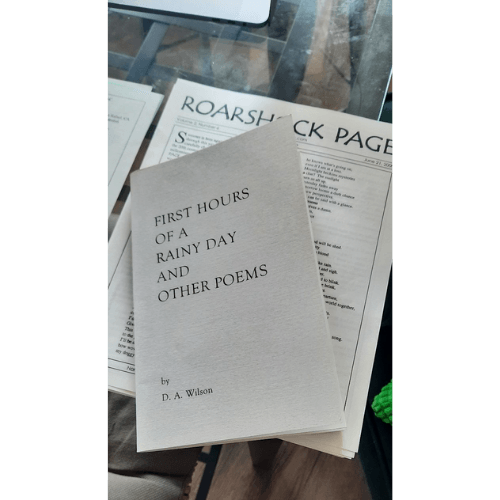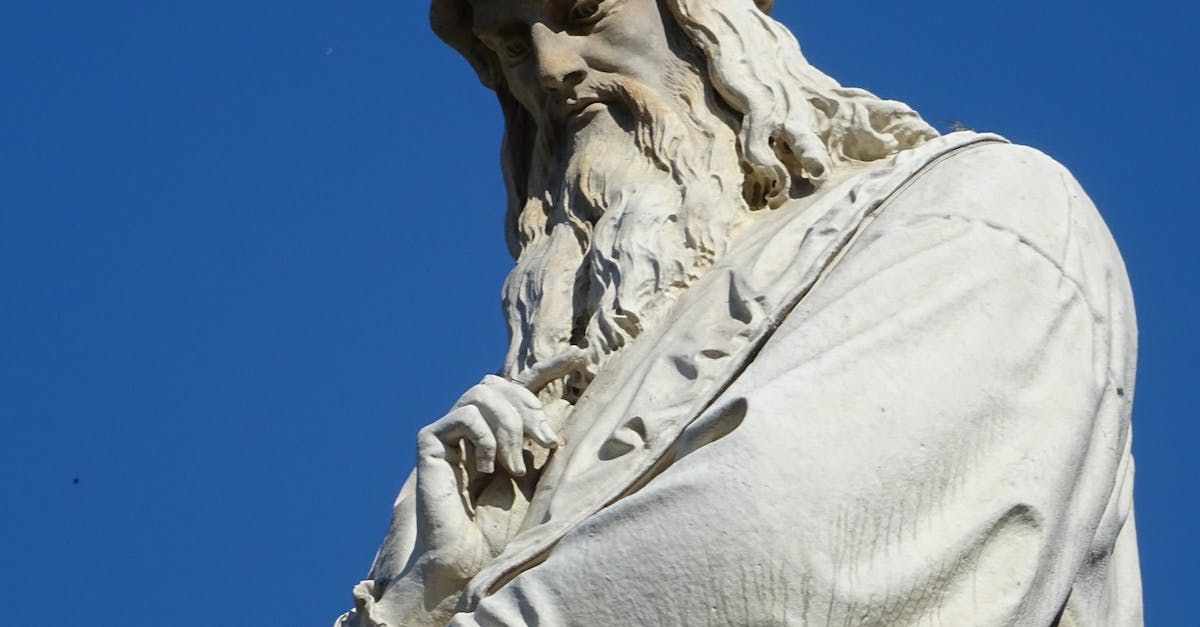The birth of a Poet
MURIELLE MOBENGO :
How did you realize you were a Poet?
D.A."ROARSHOCK" WILSON : Well, I was 15 years old when I made that career choice. Obviously, you did it for the money too. I soon found out that I would have to have many jobs along the way as well. I didn't do an academic path. Many poets do an academic path. I'm not sure what academic poetry is. There’s poetry from the streets. So, that was 45 years ago. I worked all these jobs, lived the life, raised a family, did all kinds of things and that gave me a lot to write about. But hearing people read their work in the various spoken word groups, people from all different parts of the world and different backgrounds, makes you just realize how your little slice of it is just a little bit. So be curious, open up and learn.
The Poet, poetic perception & reality
MURIELLE MOBENGO :
What’s the poetic trait in your sensitivity or your perception?
D.A. ROARSHOCK WILSON : The observer. A poet or any kind of a writer or photographer, any kind of art like that is for observers although you tend to get involved as a subject. That’s the limits of objective reality because we always interact, we are always affected with whatever situation we're in. I write longer prose as well, which is one of the reasons I'm not doing the Roarshock Page right now, because I wanted to be able to work in longer forms.
MURIELLE MOBENGO
: Reality is hard on poets. Some of us died in abject poverty or fame, like Baudelaire for example, who stood trial, died in exile and is one of the greatest western poets. Why do you think some of us seem to be “afflicted with poetry” (beautifully put)?
D.A. ROARSHOCK WILSON : Baudelaire offended the sensibilities of the bourgeoise. But if you think about it, at least part of it as being a conduit for the Muse, for that energy, and that inspiration to flow through, that's a burden. It can be a burden and a lot of people seem fairly happy without it. I'm not afflicted with poetry, but if you are, hope for the best, I guess. Being a Poet is definitely a difficult path which has been very hard on a lot of people. Some of the greatest poets, like Baudelaire, have had the toughest road.
MURIELLE MOBENGO : The example of William Blake is also evocative. He not only wrote exquisite poetry, but also create mythologies!
D.A. ROARSHOCK WILSON : He sure did. Such a burning vision!
Blake was a fellow who was born at an awkward time for his genius. He had a small circle of artists and friends but they didn't have a real big scene. So, I think they were isolated. I believe they lived that life of poverty, pretty much too. I've certainly known poets, personally, and also, you know, through literature and stuff who had serious mental health issues. I don't know if they go hand in hand.
MURIELLE MOBENGO : It's not that we're not at the right place at the right time. It's just that maybe we're ahead of time. The poet is intense. (S)he needs to be at one with humanity and alone to create. Only a few people understand our vocation so we are often marginalized, considered weirdos (laughs)
D.A. ROARSHOCK WILSON : Yes. That is very often the condition of the poet. Have your family, people who love you and hold on to them and hopefully they will cut you a bit of slack on being weird. (laughs) Sometimes they don't, you know. I had loved ones supporting me; that’s a great stroke of luck. [It can come later in life] but if you don’t have that your whole life, try not to get too deep into that loneliness and the despair that can come out of that. Because that's what can drag you under and then you can drown. You need to be able to come back up. It’s good to have people around, even though we tend to be solitary as poets, perhaps even more than ordinary people. We still need to have a support system of love. That's the problem of all writers, I think especially probably other artists too. Writing is such a solitary craft, and it's tough. So, it's not easy. I mean, unless you have to do it! (laughs) If you feel you have to because that inspiration is flowing through you, the Muse needs to be expressed…
Living with the Muses (a work of diligent craft)
Poems grow out of desolation
arriving unannounced
banging upon the doors of consciousness
Let me in, let me in!
-
A Poem Unbidden, D.A. Roarshock Wilson
MURIELLE MOBENGO :
Speaking of the Muses, how does a poem come to you?
D.A. ROARSHOCK WILSON
: There’s different doors that they come through, and different roads that they arrive on, sometimes it could be a little footpath, sometimes it can be a big highway, or some bombs flowing right out. I mean, they write themselves practically, and then other ones come as a few ideas. There's more craft involved in that case. You have the idea, but there's more effort in writing the words in the language that expresses that idea, or what have you. I have a few poems that are longer ones and they're written over time. That’s interesting, too. I guess to answer the question simply, sometimes they are right there and…write it down! Other times, they are a work of diligent craft. They take a lot of time and effort. Also, I find this as they get older, they're always subject to polishing, even ones that came out as pure inspiration, because I have two roles, the poet and the editor, right? So, I can adjust them. I've updated some of my old poems in the last year or so, to have them reflect current situations more. That's another thing too: you want to be able to be current and relevant to what's happening but you want to also be timeless, right? You want something that's going to somebody who will be able to pick it up years from now and [still] feel that feeling.
MURIELLE MOBENGO : I agree. Poems are “a work of diligent craft.”
D.A. ROARSHOCK WILSON : Yes. Amongst the many poets that I've been listening to, some are very formal in their work and construct their poem to fit within whichever format they're using. I hardly ever do that. Most of my poems are free verse. Going back and reading them, I noticed that a successful poem is going to have its own rhythm, its own structure, its own sense of itself, whether in free verse or not and I might not even be aware of that when I wrote it.
MURIELLE MOBENGO
: I have a very serious question: where do poems come from?
D.A. ROARSHOCK WILSON : I don't know if you've heard this one. But I have a poem on that subject, "A Poem Unbidden" and I wonder, “what's this poem doing here?” I'd rather watch the football game. (laughs)
MURIELLE MOBENGO
: Hindu (and Norse) mythology have a great explanation for this. Amongst the many elements that constitute our physical senses, there is “akash,” ether or divine stuff, which makes poetry a layer of our being--and a doorway to the absolute!
D.A. ROARSHOCK WILSON : I totally understand what you're saying. I had a direct experience with some of that. One night, when I was around that same time I was becoming a poet, and my school group was up in the mountains, we did a ritual and designed it like a project. We created masks and everything and it got to the point where there was a sort of drum circle. People got really high. (laughs) Rituals and practices can be millennial. You can make up your own. It's a level of sensitivity and how open you are. These experiences can come through festivals, too. We're in such a difficult time because people can't gather for those kinds of things. We really need that group dynamic going.
Dominum Cognoscite Vestrum
MURIELLE MOBENGO :
{R}'s motto is yours now, David. "Dominum Cognoscite Vestrum," Know Your Master. So, who shaped your poetic conscience?
D.A. ROARSHOCK WILSON
: We already talked about Baudelaire, we talked about William Blake. Walt Whitman. I'm also very interested and informed by the work of the modern modernists 100 years ago, and the whole Jazz Age scene Paris in the 20s, its amazing poetry, art, and literature…everything. Ezra Pound was a great impresario, a great poet, and definitely a bit of a crank. Moving forward, there's more from that era, also the Beats. When I was starting out, I had a chance to see a lot of those poets read over the years, you know, and so I got informed a lot, learned a great deal.
I grew up in the Bay Area in San Francisco. I am 60 now. So, I was a kid in the 60s, when the whole counterculture thing was going on. My mom and dad, were very creative and focused on their family. They were not beatniks or hippies, anything like that but they gave me some room. Also, I always thought those counterculture people were the best dressed people, for sure.
That's kind of where it started. I was in high school and we started going to readings in the city. I saw Ginsberg and Ferlinghetti and Gary Snyder and Gregory Corso and all those guys play, read in many venues, various occasions. I remember my buddy and I one time went to see Robert Duncan, a great poet of that era. It was full upstairs, in a bookstore above, a lot of books, on Telegraph Avenue in Berkeley. A lot of stuff in between…That's probably where I learned how to present myself as a spoken word, performer as well.
MURIELLE MOBENGO :
Do you consider yourself more of a spoken word performer?
D.A. ROARSHOCK WILSON
: No, not really. But it's sort of tracks. And I usually perform as Roarshock when I do the performance. Part of this goes back to the first time I went to Au Chat Noir
in September 2016. David Barnes signed me up to the open mic and then
Moe Seager
read and I read and then Lindsay Gordon came up and told me I needed to know about the Angora Poets. And [he] introduced me to David Leo Sirois. I've been reading Au Chat Noir in Paris a few times and always enjoyed it. We had readings in various venues and out in the park with my friends who are in bands.
As for spoken word poetry, this whole “Zoom Renaissance” is great. Practice. Practice, but don't overdo it! Don't read twice a day necessarily, at least not every day.
MURIELLE MOBENGO
: My experience of spoken word poetry was brief. I consider myself not a spoken word poet although I used to create public poetry performances with musicians 6 years ago. It was a lot of exhaustion. I prefer writing poetry. The written word leaves the poem intact, unspoiled. There’s no me in it. It's just the poem. It walks through me and belongs to whomever.
Those are different processes. I think you have to hone in on the creative writing process, and then the performance is another level of it, which can take a great deal of energy.
The Mythmaker
MURIELLE MOBENGO :
You describe yourself as a “Mythmaker, Poet & Storyteller, from Northern California to the World & Universes Beyond.” It is always wonderful to meet a poet who has embraced his power to craft cosmogonies! David, let’s talk about the mother of Poetry!
D.A. ROARSHOCK WILSON
: Yes. I was talking about this earlier (with the ritual anecdote). I think of poetry as a means of expressing mythology. We need to come together as a world and we need to learn about all the cultures and mythologies and histories and cherish and honor and celebrate all of that. And at the same time, we have to realize everybody lives on this little blue Earth. That's all we got. So, we better work together.
We need to bring all of our individual myths, all of our histories and cultures and parts of the world and then have all those remain intact, but we also need a world story. We need a cosmic myth. A lot of the trouble in the world is because people's myths aren't big enough to contain what's going on. That's also perhaps the level of sensitivity. A lot of people probably can only handle so much myth inside their head while some of us can see more or feel more and we are channeling it through Poetry. So maybe that's part of our task; to help bring it up. Then you have this poem that you wrote, you perform it, and somebody gets their mind opened a little bit. Get a little high off it.
Poets & non-poets (lots of people)
MURIELLE MOBENGO : I have been surrounded with a lot of non-poets in my life (laughs). What I have observed of them, at least from those who are sensitive to poetry, is this: what they love about poetry is the story. They love the story and the emotion. But since they are hooked up on the story, they don't get past what is above or beneath the story in the poem. For sure, a poem looks like a story but is much more. Sometimes it's less than a story. Some poems are majestic pieces of philosophy. Being interested in the story only, most people miss the point [and find poetry cryptic]
D.A. ROARSHOCK WILSON : Yes. A successful poem is going to be on those different levels, and even to you, the poet, there's probably a lot there that you won't be able to see. I just had that happen to me with one of my poems. It’s a character who's eating everything. And then at the end of the poem, the character, beats all that, goes back to a feast and eats all the poets. [In the audience,] somebody said, “Well, why? Why did he eat the poets?” I thought about it and realized maybe that's a metaphor for how society in general treats poets, right? Chews them up and devours them. I hadn't even thought of it. This poem looked straightforward, but something else was going on as well, something I had never consciously considered when I was writing that. I can think of a lot of examples like that in my auditions. Almost like, I never saw this text before or I never saw that. I really am enjoying that a lot.
MURIELLE MOBENGO : So you are not always conscious about how much of yourself you put into a poem?
D.A. ROARSHOCK WILSON
: Not always, not always. Some of my really personal ones, I don't read publicly, or only in certain occasions. I'll read love poems on occasion, maybe if it's Valentine's Day. It depends on how much of my own life I want to put out or be vulnerable with it. [Fortunately,] some of the other problems tend to be more in general.
Poets, love, etc.
MURIELLE MOBENGO : You talked about Valentine's Day and love so that's the perfect breach for me. I'm going to talk about poets, love, and the body. Baudelaire is just the perfect example of what I am about to ask. Charles Baudelaire's mistresses inspired Les Fleurs du Mal, this poetry masterpiece he gifted the world. Poems in Flowers of Evil (and in Le Spleen de Paris) are very carnal. I found it is a common experience in poets.
We undergo certain phases in our lives when we need intense bodily experiences and passionate romances. I suspect our flesh muses or lovers are just an excuse to channel poetry and drink the poison; beauty in its purest form, which is what every poet seeks. Did you go through these moments in your life too when you needed to experience total fusion with someone, and did it feel right? (laughs)
D.A. ROARSHOCK WILSON
: The answer is yes. Yes, I did. Yes, it did. Women are just wonderful muses for a male poet. Definitely. I have a quite a few poems...they come out once in a while.
MURIELLE MOBENGO : The problem is poets do not have happy relationships, and these passions end up destroying their creativity or the poets themselves. There must be a way to witness or become a conduit to Beauty and Truth without all the pain, because the pain is what either kills our creativity or kills us. Some of us died very early and, and had very painful lives.
D.A. ROARSHOCK WILSON
: Everybody's love story has two sides to it. You wouldn't know if it didn't, right? We need that little bit of bitter to really enjoy the sweet, I guess. That seems to be the way the world is arranged. Muses flow through you, the poet, but also through the person you are writing about. When I would read those poems to the person, they loved it. Something to continue to work on, to mole over. The analogy between love and eating, for example, “I love you so much I could devour you,” that's what happens to the poet, whether it's the beast, or the lovely use. I don't know Murielle. If you do come up with a concise formula (laughs) I've also noticed looking at history of poets and other artists that they weren't always kind to their muses, or what have you. My bottom line is, we should always do our best to be equitable in our relationships; it helps the world be a happier place if we could do that.
Advice to a young poet, Rilke style
If you know that you are a poet, and there's nothing you can do about it, pursue your poetry. But try and keep your wits about you, and realize that we exist in this world, and the world is not designed for us. So, we have to be extra crafty and figure out all kinds of dodges to be able to survive in the world while we're being poets and whatever other kind of masks we have to put on or roles we have to play.
I chose to be a poet when I was 15. I can be a poet quietly going about my life and now I'm being interviewed by you all these years later, right? So, it's a long haul. That would be my one line if you're going to do it, unless you get to be a very Romantic poet who dies very young.
It’s a long haul and stick with it.
- David A. Roarshock Wilson
